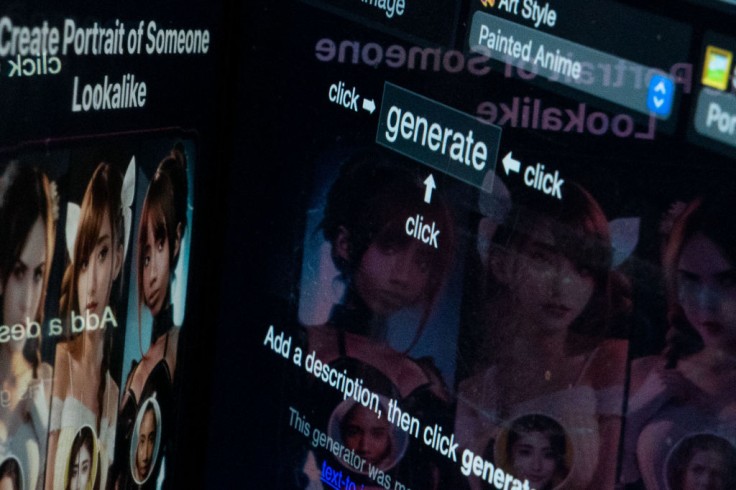AI-generated sexual images and deepfakes could soon be a punishable crime in the US as lawmakers move to legalize the bill on cracking down on the growing digital exploitation of women and children.
In a unanimous vote, the US Senate passed the proposed Disrupt Explicit Forged Images and Non-Consensual Edits Act on Tuesday to protect the vulnerable from sexual exploitation through AI.

With a 10-year window to sue charges, victims could seek from $150,000 to $250,000 in damages against people who created the explicit deepfakes and distributed them without consent.
Congress Push Laws on Sexual AI Deepfakes Amid Growing Concerns
Bill author Rep. Alexandria Ocasio-Cortez, who was also previously targeted by sexual deepfakes, stated that the act would "guarantee federal protections" for survivors "for the first time."
A similar bill against sexual deepfakes is currently being pushed in Congress with both expected to soon face the White House's approval.
Efforts to crack down on the explicit deepfakes started after sexual AI-generated images of American singer Taylor Swift went viral earlier in January.
Sexual AI Deepfakes Surge Amid Technology's Growing Availability
Reports of non-consensual sexual AI deepfakes have notably grown over the past years as AI technology continues to become more accessible and available to the public.
Since 2022, demand for explicit deepfakes has notably grown in time when AI models become more capable of imitating real-life people's likenesses.
While the technology first targeted popular figures whose images and videos were more accessible to the public, later operations started using the technology to digitally replicate children and private individuals.
The Federal Bureau of Investigation has already warned against the trend of malicious actors using AI and similar technology for sexual extortion and other online crimes.
Related Article : New Microsoft AI Tool Can Now Animate Faces from Images









